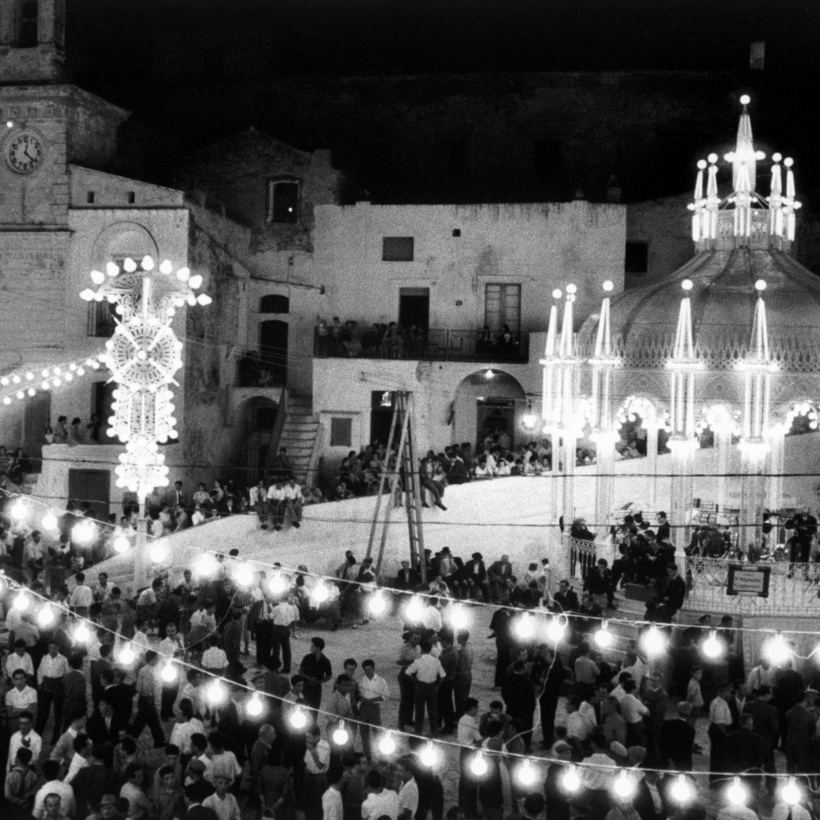The Nobel Prize–winning physicist Giorgio Parisi has caused a stir in Italian households and restaurants with a novel, and cheap, technique for cooking pasta.
With energy bills soaring due to the European energy crisis, Parisi took to Facebook and, in a post that quickly went viral, explained his cost-cutting method. He suggested that pasta should be tossed into boiling water—so far, so normal—but that the burner should be kept on for only two minutes. Then it should be turned off, a lid put on the pot, and the pasta left to soak in the lingering bubbles. Doing so, he assured his readers, meant the pasta would be cooked and energy would be conserved. An outcry ensued.

